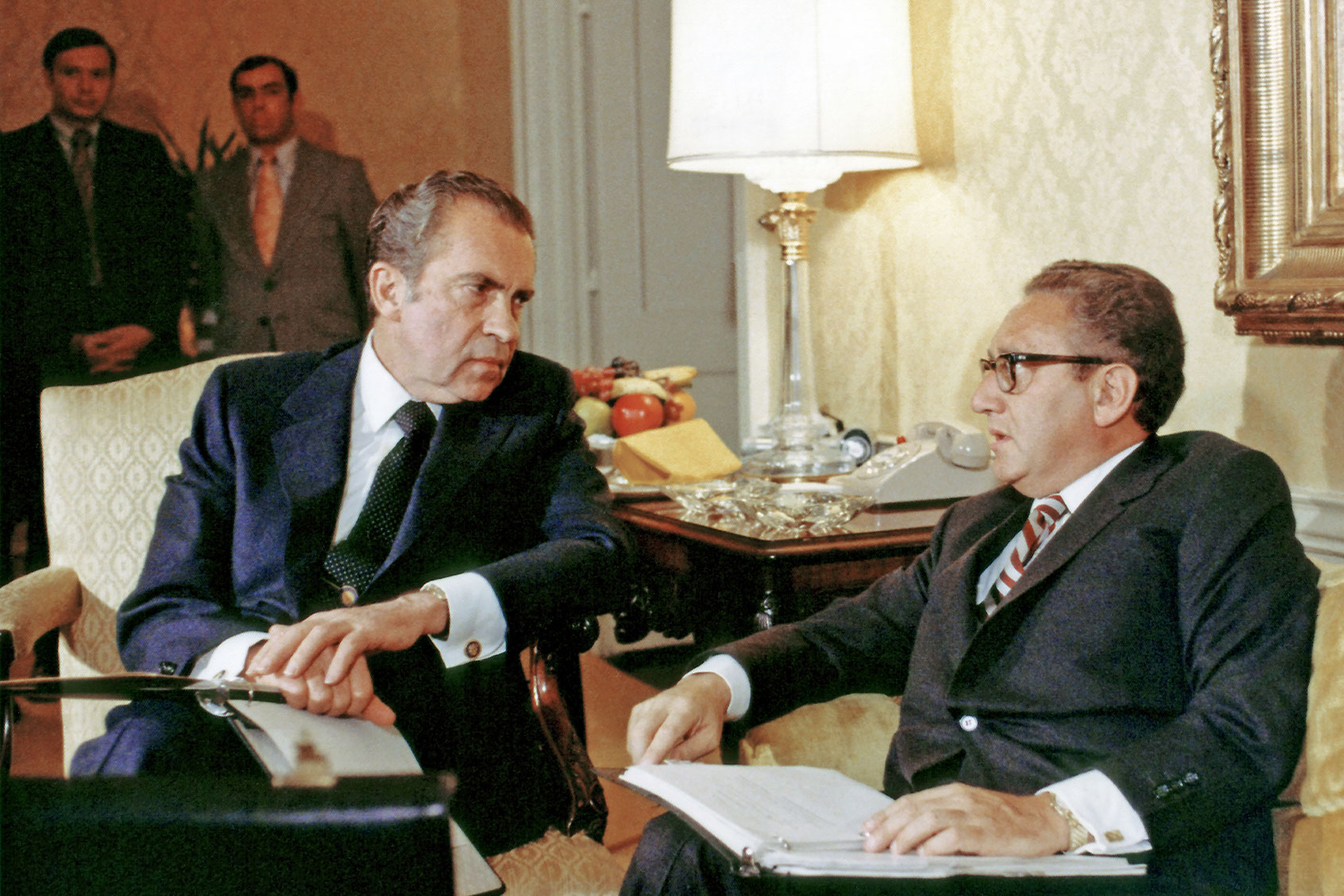A new documentary titled “American Experience: Kissinger” premiered on October 27, 2023, revisiting the complicated legacy of former U.S. Secretary of State and National Security Adviser, Henry Kissinger. The film aims to showcase Kissinger’s role in shaping American foreign policy, particularly during the Nixon administration, but it has drawn criticism for its lack of depth and failure to address the more troubling aspects of his actions.
The documentary presents Kissinger in a nostalgic light, echoing the sentiments of a generation that witnessed his foreign policy maneuvers during the Cold War. Highlights include the well-known “ping-pong diplomacy” with China and the controversial Vietnam War strategies. The film uses archival footage and interviews with historical figures, but many viewers may find it more of a recap than an insightful analysis.
Critics have noted that the documentary largely glosses over the darker implications of Kissinger’s decisions, particularly regarding the Vietnam War. While it acknowledges his role in the Vietnamization policy, which aimed to withdraw U.S. troops while strengthening South Vietnam, it stops short of exposing how this strategy was politically motivated. According to the University of Virginia’s Miller Center, Kissinger and President Nixon strategically delayed the withdrawal to avoid the political fallout of a collapse before the 1972 election.
The film features animated sequences that illustrate key events, but these choices have been criticized for trivializing serious historical issues. For instance, the documentary presents the antiwar movement through cartoonish imagery, which some believe undermines the real suffering experienced during this period. The use of animation has been described as a disservice to the gravity of the events discussed, particularly the impact of the secret bombing campaign in Cambodia, which led to significant loss of life.
In terms of sources, the documentary heavily features Niall Ferguson, who is identified as Kissinger’s authorized biographer. Critics point out that his perspective may lack objectivity, as Ferguson has been noted for his efforts to reframe Kissinger’s actions in a more favorable light. This raises concerns about the balance of viewpoints presented in the film, as viewers might find themselves encountering a narrative that skews towards Kissinger’s justifications without sufficient counterarguments.
Despite these criticisms, “Kissinger” does include testimonies from individuals affected by U.S. foreign policy decisions in Cambodia and Bangladesh. Their accounts serve to illustrate the human cost of Kissinger’s realpolitik, although some argue that the documentary fails to connect these stories to the broader consequences of Kissinger’s leadership.
The film also touches on the personal motivations behind Kissinger’s strategies. At one point, Kissinger states, “Ending the Vietnam War had been a principal goal of Nixon’s first term, not only in order to bring peace, but in order to end our domestic divisions.” Yet, evidence from the Nixon tapes contradicts this claim, revealing that political considerations often overshadowed humanitarian concerns.
For viewers seeking a nuanced understanding of Kissinger’s legacy, the documentary may fall short. While it revisits familiar events, it does not adequately explore the profound implications of his policies or the ethical dilemmas they raised. The University of Virginia Press has made many of the Nixon tapes accessible online, offering a wealth of primary sources that provide deeper insights into the discussions between Nixon and Kissinger.
In conclusion, “American Experience: Kissinger” provides a surface-level examination of a complex figure in U.S. history. It presents an opportunity for reflection on the interplay between foreign policy and domestic politics, but many will find it lacking in critical analysis. As audiences continue to grapple with the ramifications of Kissinger’s decisions, there remains a pressing need for comprehensive narratives that accurately portray the historical record, ensuring that the lessons of the past are not forgotten.







